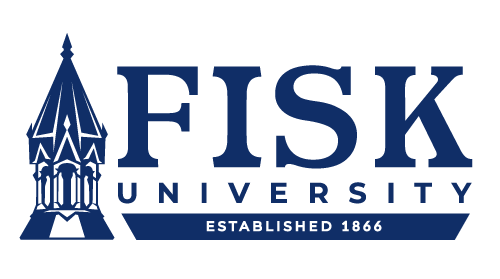About the Project
The Rosenwald Project at Fisk University
The Forging Future Pathways Forward Project at Fisk University is a four-year initiative to complete the digitization of the Julius Rosenwald Fund Collection—585 archival boxes and nearly 674,000 items documenting Rosenwald's philanthropy and its impact on Black education and social equity. Operated through the John Hope and Aurelia E. Franklin Library Digitization Center, this project expands access to everyone—students, faculty, researchers, educators, and the general public—by making the full collection available online. Building on earlier efforts like the Rosenwald School Card Database, the project includes digitizing fellowship files, transportation records, and general aid materials, as well as developing a sustainable, fully hosted portal that ensures these materials remain available for generations to come.
The Julius Rosenwald Fund Collection Portal is designed to be open to all people, not just scholars. It is a community-focused platform that invites exploration, learning, and participation. Built by Fisk faculty, staff, and students, the portal serves as both a model and a roadmap for other HBCUs and resource-limited archives seeking to launch digital projects of their own. By removing barriers to access and placing these powerful primary sources online, the project helps close knowledge gaps, strengthens the digital presence of HBCU archives, and ensures that the story of Rosenwald's legacy continues to inspire and inform a broader, more inclusive audience.
The Julius Rosenwald Fund Collections Portal
The Julius Rosenwald Collections Portal is a hosted digital platform built through the John Hope and Aurelia E. Franklin Library Digitization Center to provide organized, comprehensive access to the Rosenwald Fund Collection. The portal is structured into five searchable databases—School Fund, About Rosenwald, Fellowships, Administrative Records, and Other Funds—each launched in phases over the four-year project timeline. This phased approach ensures steady progress and sustainability, allowing the team to digitize materials, create metadata, and release each database for use as it is completed.
Behind the scenes, the portal follows strict technical and archival workflows. Student workers and interns scan approximately sixteen boxes per month, with quality control and metadata creation handled by the project manager and graduate researchers. Access copies are watermarked and prepared for inclusion in the portal, while preservation copies are securely stored using Amazon Web Services S3 for long-term digital stewardship. The portal is designed to meet current archival and metadata standards, ensuring usability, interoperability, and replication by other HBCUs and limited-resource institutions.
Six Relational Databases
The portal will feature six interconnected databases to reflect the archival organization of the collection:
- Rosenwald Family Database: Includes the Rosenwald Family correspondence as well as a biography, and a few images of Julius Rosenwald.
- School Fund Database: Details financial contributions, applications, photos of and school cards for Rosenwald Schools.
- Fellowship Fund Database: Focuses on scholarships and academic funding provided by the Fund.
- Photographs and Clippings Database: Discover photographs capturing Rosenwald Fund staff meetings, events, travels, and places that reveal the Fund’s broader story beyond schools..
- Administrative Materials Database: Includes internal documentation of Fund activities.
- Studies and Publications Database: Highlights research and reports produced by or about the Fund.
